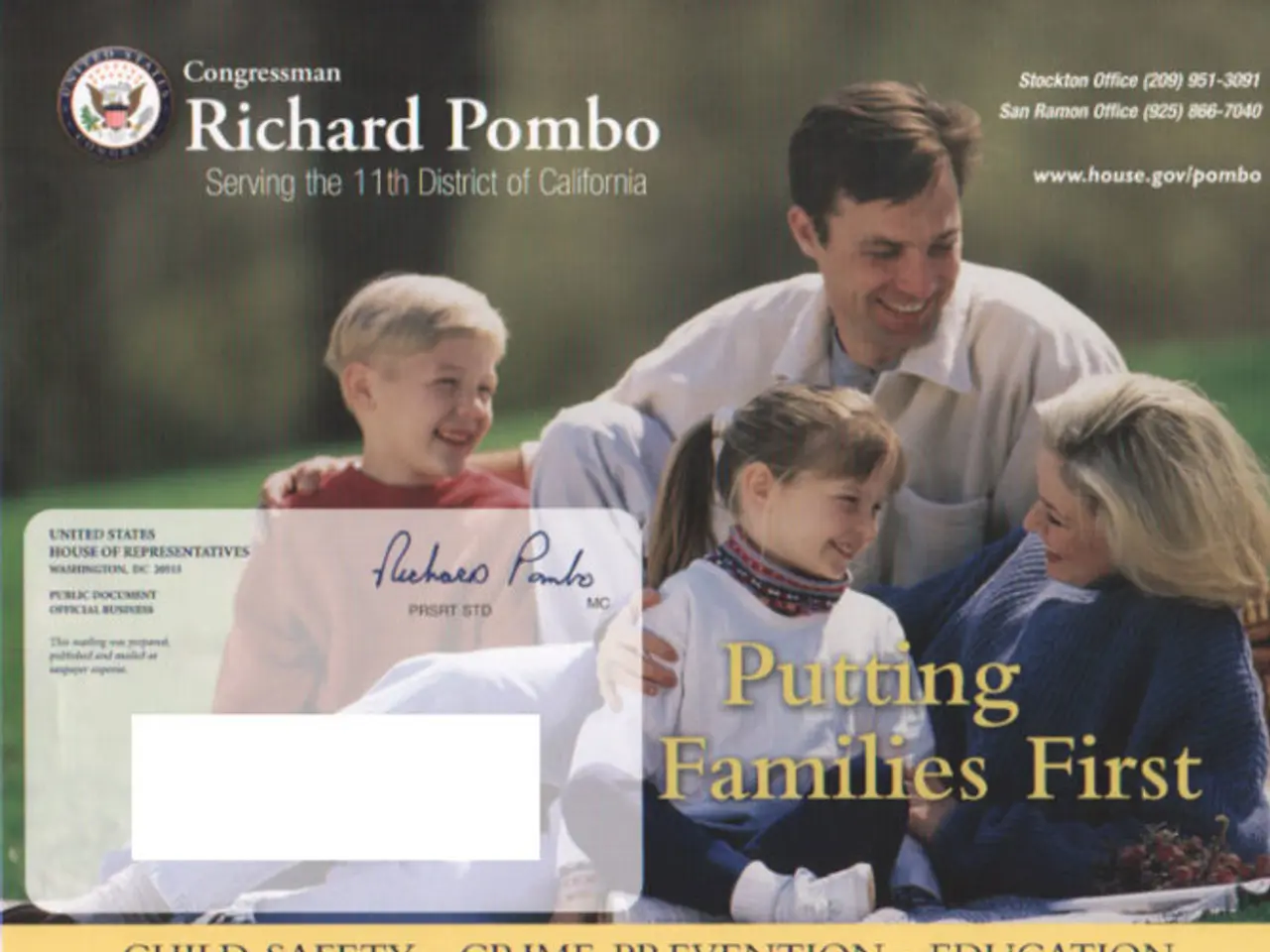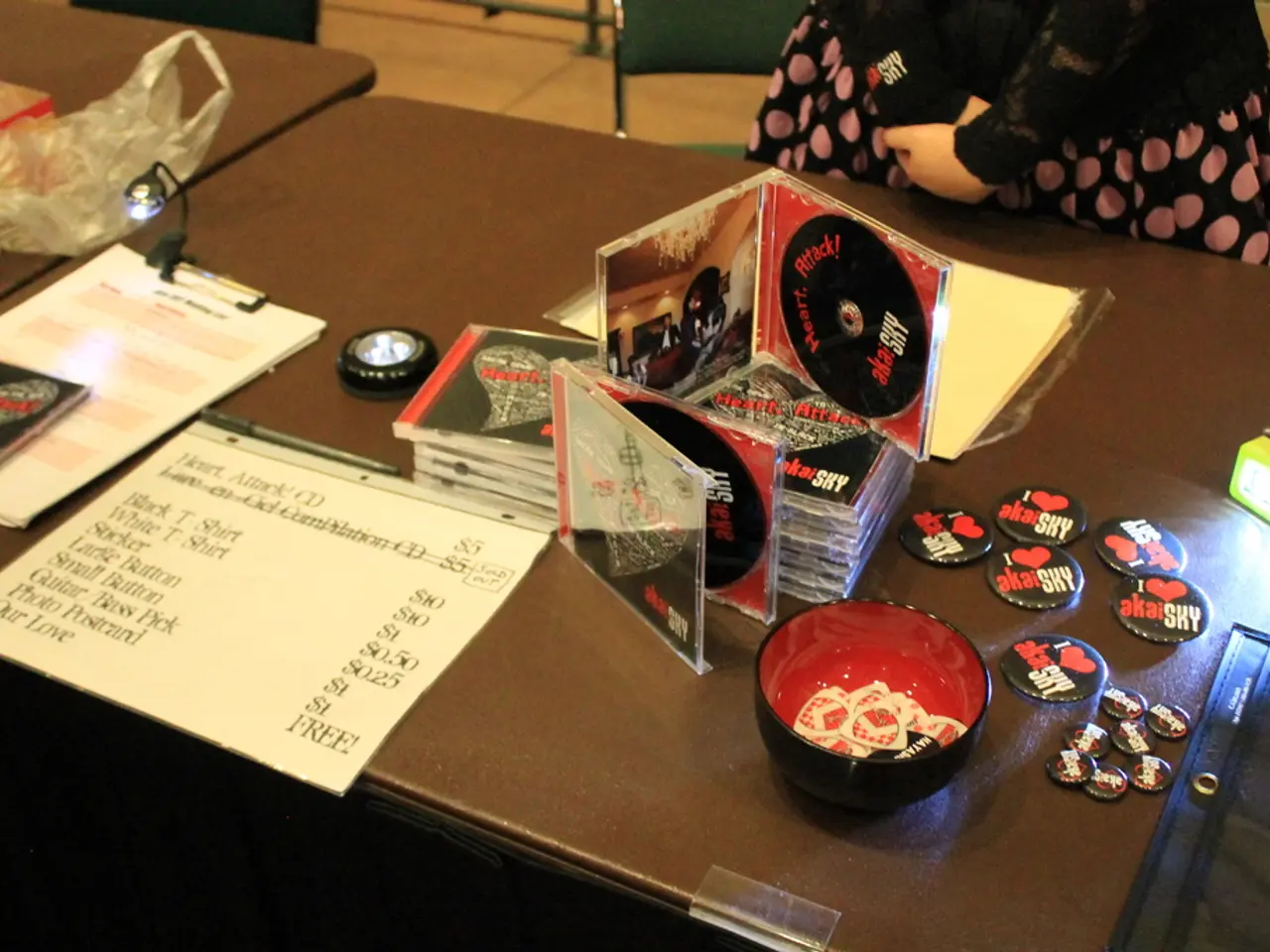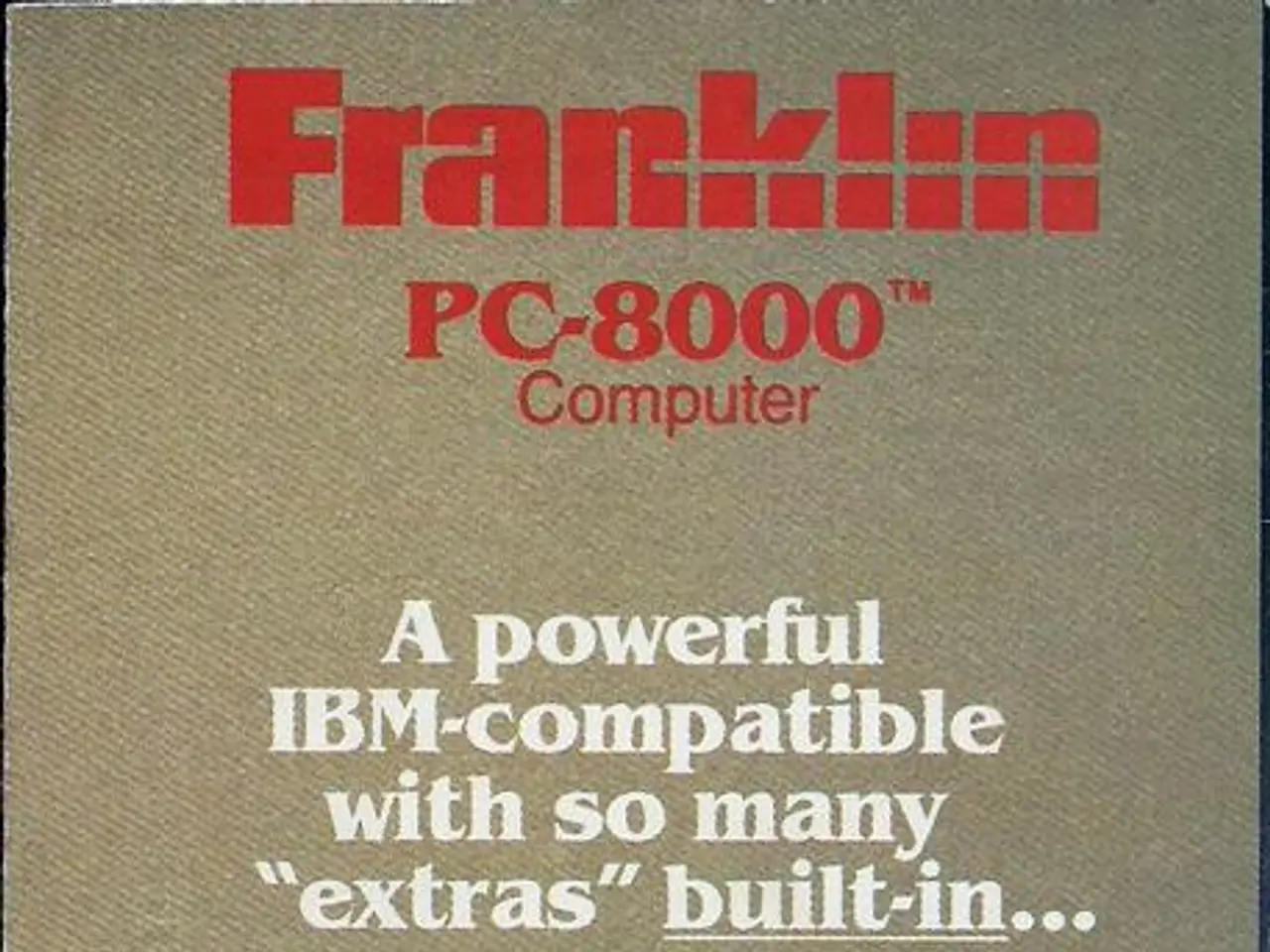Simplify Design: The Basis of Effective Design Approach
The "Keep It Simple, Stupid" (KISS) principle, a design philosophy emphasizing simplicity, has its roots in engineering and has since expanded to encompass various aspects of life, including design work and personal habits. The popular phrase is attributed to Kelly Johnson, a lead engineer at Lockheed Skunk Works in the 1960s.
Johnson believed in designing systems that are as simple as possible, arguing that simpler designs are easier to maintain, understand, and less prone to errors. He shared this idea with designers at Lockheed, stating that their products should be repairable by a man in a field with basic mechanic's training and simple tools.
The KISS principle offers two alternative forms: "Keep it short and simple" and "Keep it simple and straightforward." This principle is crucial in product design and usability, encouraging the creation of user interfaces and products that are straightforward and intuitive, avoiding unnecessary complexity that could confuse or frustrate users.
In software testing and development, KISS is key to usability, guiding developers to create applications that are easy to navigate and interact with. This is often achieved through well-designed graphical user interfaces (GUIs) that use windows, icons, menus, and buttons to facilitate user control.
The principle extends beyond software to other fields such as music production; Motown producers famously adhered to the KISS principle to craft music with broad appeal, focusing on simplicity and clarity.
Simplicity is an important design principle, but it should not compromise the functionality of the final design. Albert Einstein, a renowned physicist, is often credited with saying, "Make everything as simple as possible but not simpler."
The KISS principle is celebrated in many engineering professions, including software engineering. The related principle, Occam's Razor, states, "Among competing hypotheses, the one with the fewest assumptions should be selected."
Leonardo Da Vinci also emphasized the value of simplicity, stating, "Simplicity is the ultimate sophistication." Antoin Marie Jean-Baptiste Roger, comte de Saint-Exupery, added, "It seems that perfection is not reached when there is nothing left to add but when there is nothing left to take away."
In summary, the KISS principle promotes simplicity as a path to better functionality, better user experience, and higher overall quality. By keeping it simple, we can ensure that our products are accessible to the widest possible audience, easy to understand, and a pleasure to use.
Usability in software testing and development is heavily influenced by the KISS principle, encouraging the creation of applications that are easy to navigate and interact with, often achieved through well-designed graphical user interfaces. Technology should follow this principle to promote simplicity and improve usability, as simpler designs are less prone to errors and easier for users to understand.




